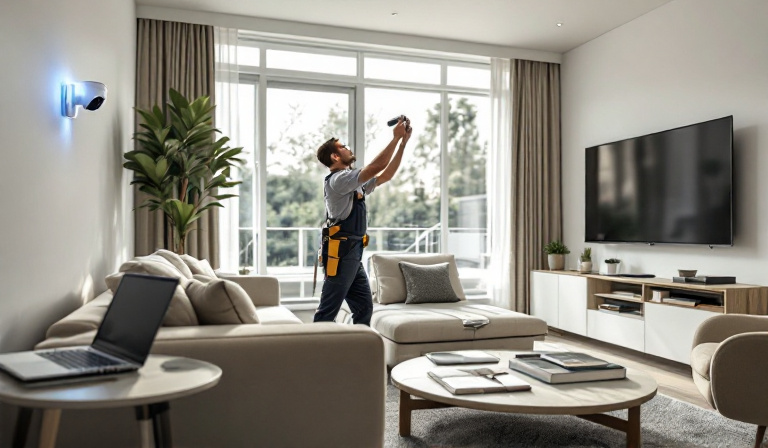
When considering the installation of a security system in your home or business, the primary benefits that come to mind often include protection from theft, peace of mind, and enhanced safety. However, one significant yet sometimes overlooked advantage is the potential reduction in insurance premiums. Understanding how security systems can influence insurance costs can offer financial relief while boosting your overall security. Here's what you should know about the insurance benefits of security systems.
Understanding Insurance Premiums
Insurance premiums are the amounts you pay periodically to maintain coverage for your home or business. Insurers calculate these premiums based on risk assessments, which consider various factors such as location, value of the property, and potential hazards. Security systems play a crucial role in this assessment, often leading to discounted rates due to their risk-reducing capabilities.
How Security Systems Reduce Risk
Security systems can significantly reduce the risk of burglary and damage, making properties safer and less likely to experience claims. Here’s how they work:
- Deterrence: Visible security systems deter potential intruders who are less likely to target secured properties.
- Immediate Response: Alarm systems can alert authorities or security companies instantly, reducing the time and potential damage caused by a break-in.
- Fire and Hazard Monitoring: Many systems include smoke and carbon monoxide detectors, providing early warnings of fire and other hazards, which can prevent extensive damage.
- Surveillance: Security cameras offer a way to monitor and record activities, which can be crucial for investigation and claim processes.
Insurance Discounts and Incentives
Most insurance providers offer discounts for properties equipped with security systems. These discounts can vary significantly, but typically range from 5% to 20% of your premium. Here are some factors that might influence the discount amount:
- Type of System: Comprehensive systems that include alarms, cameras, and monitoring services typically offer higher discounts than basic systems.
- Professional Monitoring: Systems monitored by professional services often qualify for greater discounts compared to self-monitored systems.
- Integration with Smart Technology: Systems that integrate with smart home technology might provide additional savings due to their enhanced capabilities.
Steps to Maximize Insurance Benefits
To ensure you’re receiving the maximum insurance benefits from your security system, consider the following steps:
- Consult Your Insurance Provider: Before installing a system, speak with your insurance provider to understand which types of systems qualify for discounts.
- Choose a Reputable Security Company: Opt for systems from well-known companies that are recognized by insurers, which can influence the discount eligibility.
- Regularly Maintain Your System: Ensure that your security system is functioning correctly by performing regular maintenance checks.
- Document Everything: Keep a record of your security system installation, including receipts and contracts, to provide proof to your insurer.
Practical Tips for Choosing a Security System
With various security systems available in the market, choosing the right one can be daunting. Here are some practical tips to guide your decision:
- Assess Your Needs: Consider your specific security needs. Do you require a basic alarm system, or do you need comprehensive coverage including cameras and environmental sensors?
- Consider the Size of Your Property: Larger properties may require more extensive systems with multiple sensors and cameras.
- Evaluate Technological Features: Look for systems with features that meet your lifestyle, such as mobile app control, smart home compatibility, and remote monitoring.
- Check for Insurance Compatibility: Ensure that the system you choose is recognized by your insurance provider for potential discounts.
The Long-term Financial Impact
Beyond immediate discounts, investing in a security system can have long-term financial benefits. Reducing the likelihood of theft and damage decreases the chance of filing insurance claims, which can help maintain lower premiums over time. Additionally, a secure property is often seen as more desirable, potentially increasing its value.
Conclusion
While the upfront cost of a security system might seem significant, the potential savings on insurance premiums and the added peace of mind are well worth considering. By understanding the insurance benefits associated with security systems and choosing a system that meets both your security needs and insurance requirements, you can enjoy enhanced protection and financial savings. As always, consult with your insurance provider to tailor the best solution for your circumstances.

